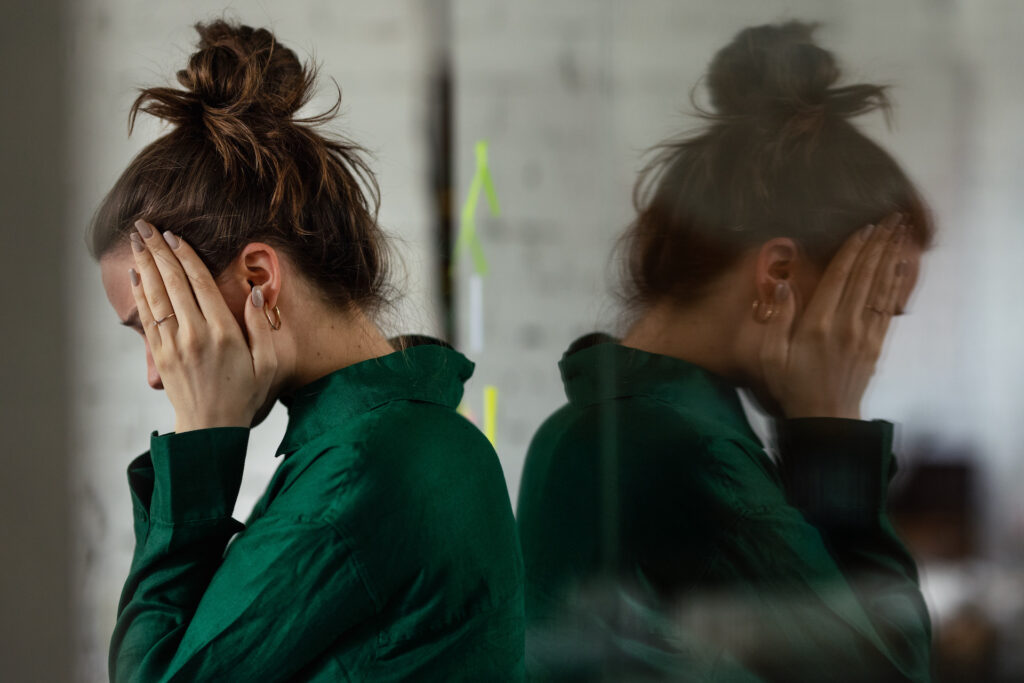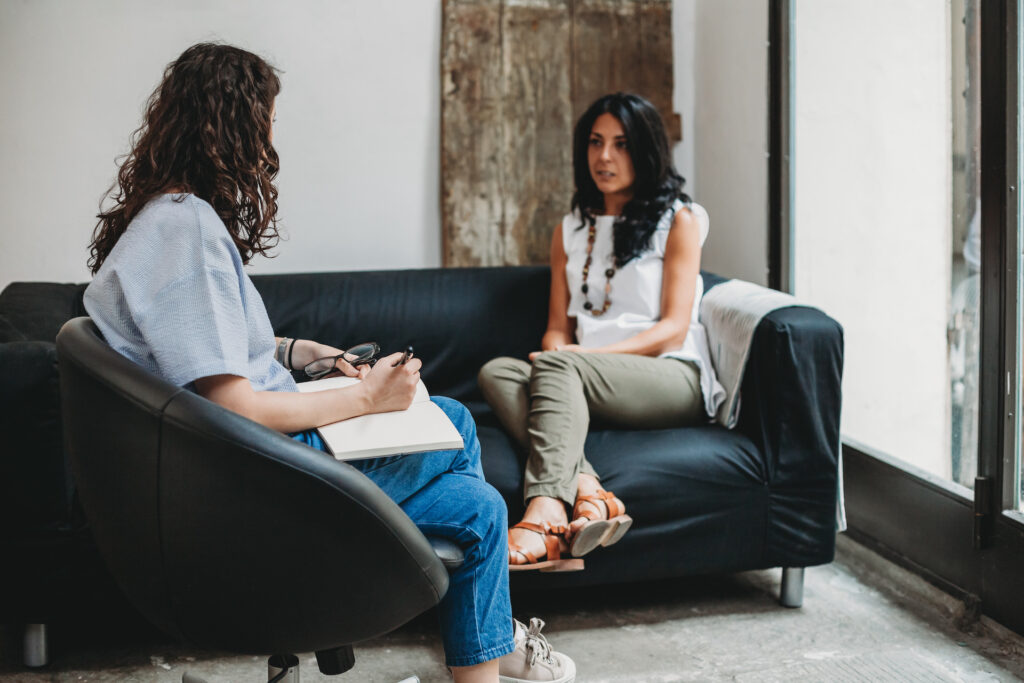Depression is something that often hides in plain sight. It’s silent, sneaky, and disruptive and can show up when we least expect it. Like many other mental illnesses, depression can look different for everyone. For some, depression is feeling more sad and tired than usual, while others struggle to focus or even function.
It’s easy to chalk depression up to stress, fatigue, or just a bad week. But if you are in a low state, don’t just brush it off as a case of the blues. Depression has a way of disguising itself as an everyday struggle, making it hard to recognize until it’s already settled in.
Here are a few reasons why it’s so tough to spot depression sometimes:
Society Normalizes Stress
We live in a world that glorifies busyness and productivity, where “I’m fine” becomes our default response, even when we’re anything but. We put on a brave face and soldier on, afraid to admit that we might struggle. After all, vulnerability can be scary.

The Comparison Trap
Thanks to social media, it’s easy to fall into the comparison trap, measuring our worth against carefully curated reels and photos. We see everyone else’s seemingly perfect lives and wonder why ours doesn’t measure up. It’s a recipe for self-doubt and insecurity, which can fuel depression.
The Stigma Surrounding Mental Health and Depression
Despite progress in recent years, there’s still a lingering stigma that surrounds mental health issues. Some are afraid to speak up for fear of being judged or labelled. It’s a vicious cycle that keeps many suffering in silence.
The good news: recognizing and overcoming depression is possible. It starts with taking proactive steps to reclaim your happiness and well-being.
Strategies to Help Navigate the Journey
Listen to Your Inner Voice: Tune in to your intuition and pay attention to how you’re really feeling. Are you constantly exhausted, irritable, or withdrawn? These could be red flags signalling that something deeper is going on. Trust your gut, and don’t be afraid to seek help if you need it.
Reach Out for Support: You are not alone in this battle. Lean on your support system – whether it’s friends, family, or a therapist – and let them walk alongside you. Opening up about your struggles can be scary, but it’s the first step toward healing. Remember, asking for help is a sign of strength, not weakness.
Prioritize Self-Care: Self-care isn’t just about bubble baths and face masks (although those are nice too!). It’s about carving out time for activities that nourish your body, mind, and soul. Whether it’s going for a walk in nature, practicing mindfulness, or indulging in your favourite hobbies, make self-care a non-negotiable part of your routine.
Set Boundaries: Learn to say no to things that drain your energy and say yes to things that bring you joy. It’s okay to prioritize your own needs and put yourself first sometimes. Remember, you can’t pour from an empty cup.
Stay Active: Physical activity is a powerful mood booster, releasing endorphins that help alleviate symptoms of depression. You don’t have to run a marathon – even a short walk around the block can make a world of difference. Find an activity you enjoy and make it a regular part of your routine.
Seek Professional Help: If you’re struggling to cope with depression on your own, don’t hesitate to reach out to a mental health professional. Therapy, medication, or a combination of both can provide the support and guidance you need to overcome depression and reclaim your life.

You Are Worthy of Healing
Remember, depression is not a sign of weakness but a sign that you’ve been strong for too long. It’s OK not to be OK, and it’s OK to ask for help. You are worthy of love, happiness, and healing, and you deserve to live a life that lights you up from the inside out.
So, if you are in a low state, take a deep breath, put one foot in front of the other, and know that brighter days are ahead.
At Georgia Strait Women’s Clinic, our approach includes individualized care and a range of therapeutic methods to address your concerns. We offer CBT, DBT, and EMDR along with a variety of workshops. If you or someone you know is struggling with mental health and/or addiction, please contact us to learn more about our services.




